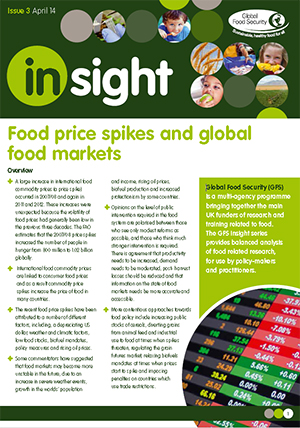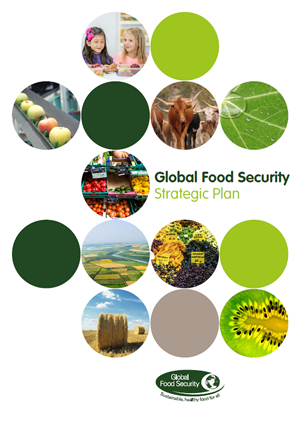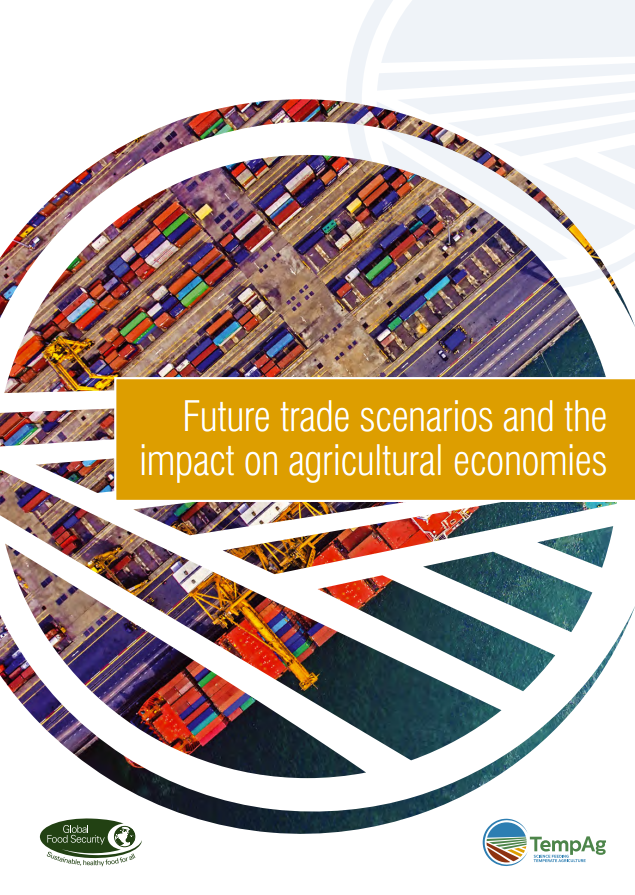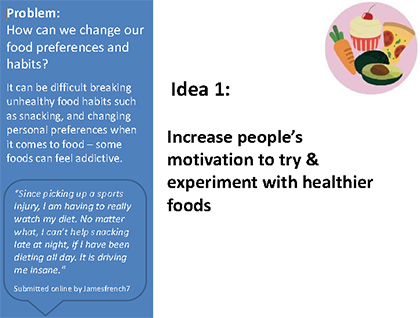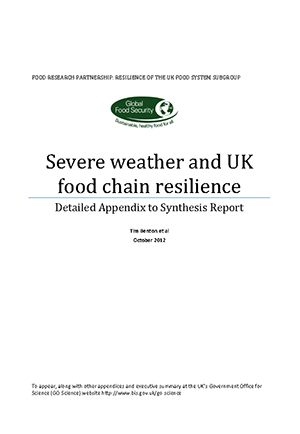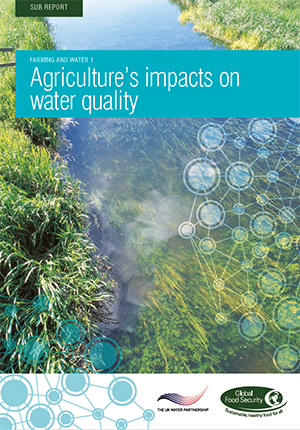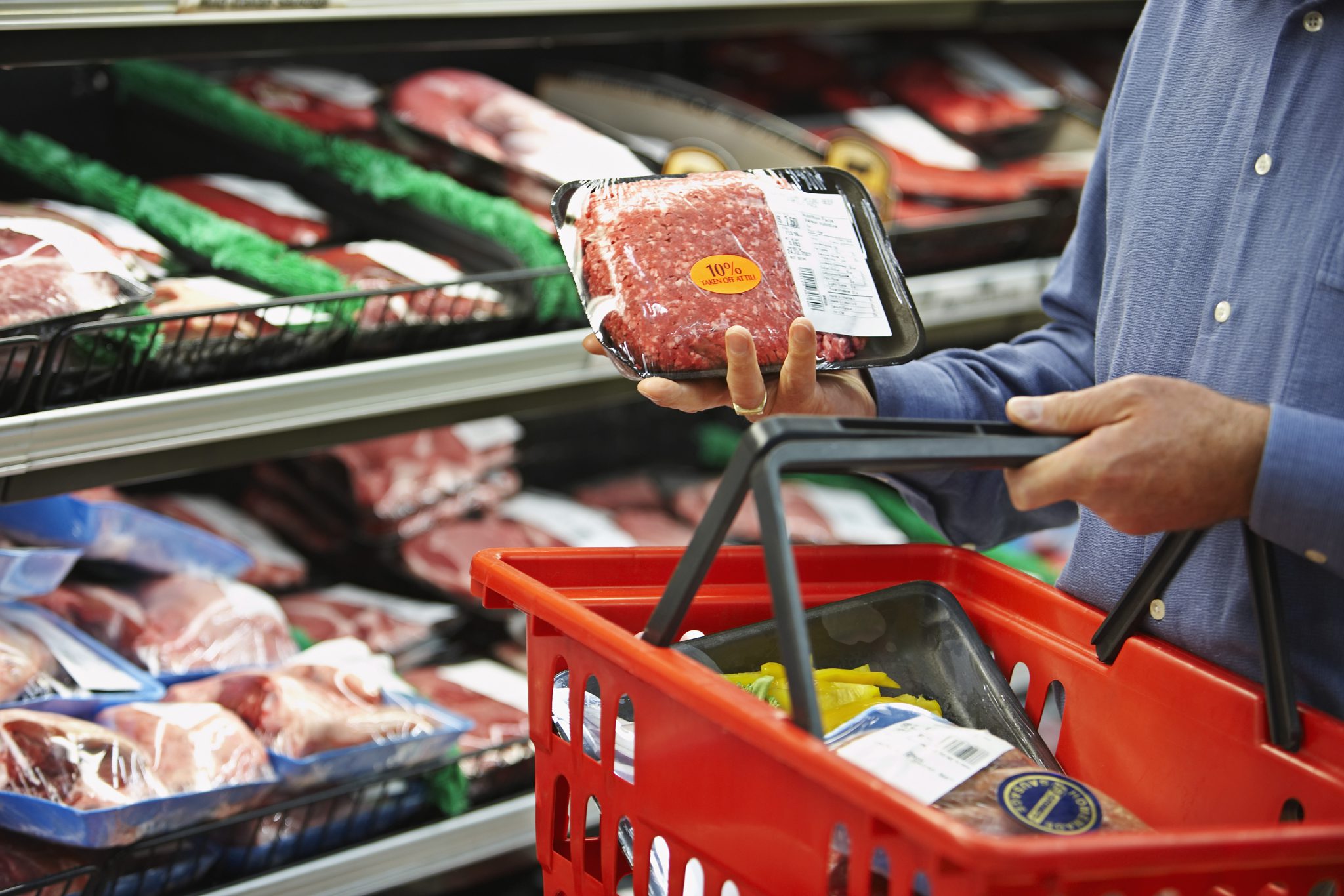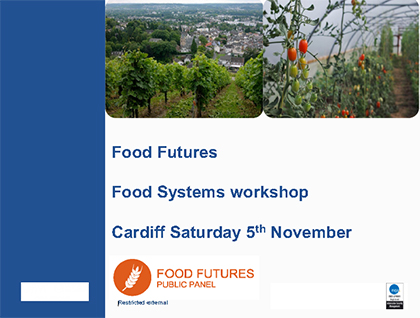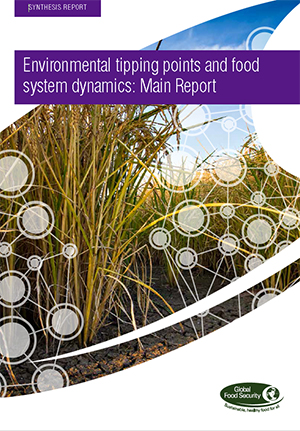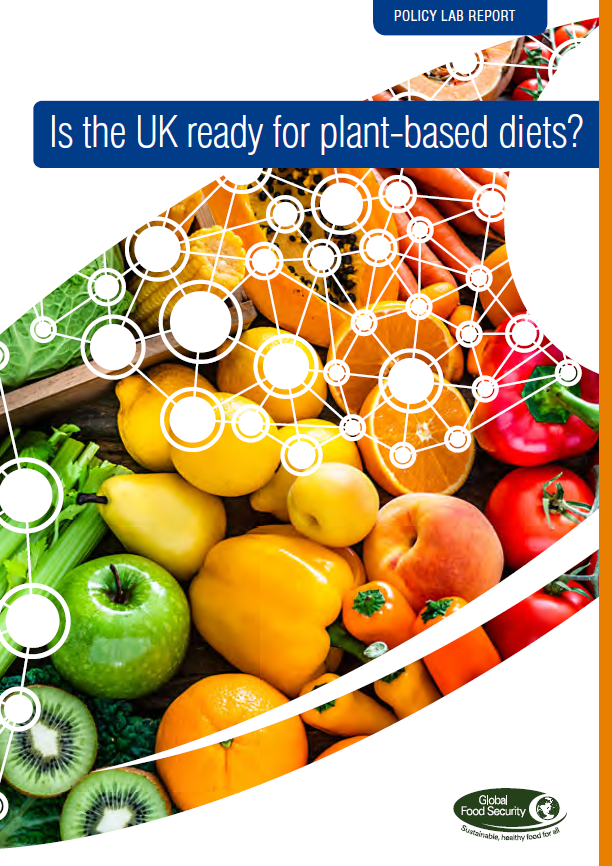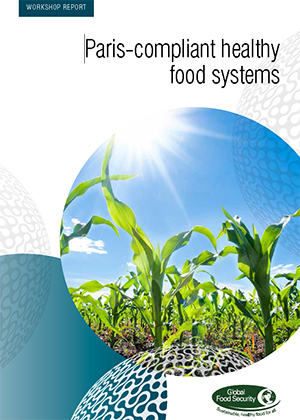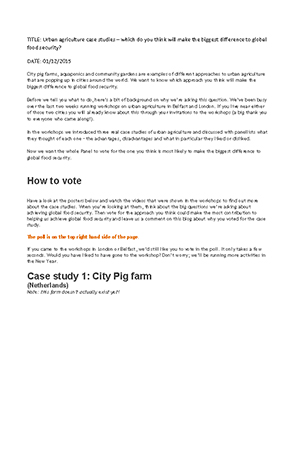
Food Futures Panel: Urban agriculture case studies – which do you think will make the biggest difference to global food security?
The GFS programme commissioned a panel of 600 members of the public to take part in engagement activities, exploring different aspects of food security research. This document details stimulus material for the urban agriculture dialogue.
(You can view PDF documents by downloading a PDF reader. We recommend using Google Chrome or Mozilla Firefox web browsers.)


